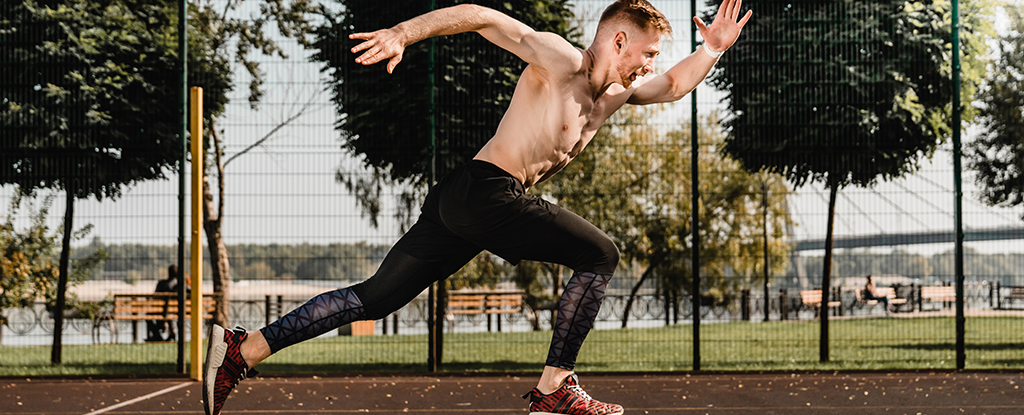Bad news for extreme exercise enthusiasts: excessive vigorous exercise could potentially suppress the immune system, according to a study analyzing over 4,700 post-exercise fluid molecules from firefighters.
This could pose a problem for individuals with physically demanding jobs requiring intense fitness training, such as emergency workers and athletes.
“People who are very fit might be more prone to viral respiratory infection immediately after vigorous exercise,” suggests Pacific Northwest National Laboratory (PNNL) biomedical scientist Ernesto Nakayasu. “Having less inflammatory activity to fight off an infection could be one cause.”
While there is strong evidence to suggest that moderate physical activity among healthy individuals can favor the immune system in the long run, the impact of vigorous exercise directly on the immune system remains controversial.
There is limited reliable evidence supporting claims that intense exercise leads to a heightened risk of opportunistic infections, although a few previous studies have noted self-reported upper tract respiratory infections in athletes compared to control groups after strenuous activities.
So Nakayasu and colleagues tested the blood plasma, urine, and saliva from firefighters before and after 45 minutes of intense exercise hauling up to 20 kilograms (44 pounds) of gear over hilly terrain.
“We wanted to take an in-depth look at what’s happening in the body and see if we’re able to detect danger from exhaustion in its earliest stages,” explains PNNL bioanalytical chemist Kristin Burnum-Johnson. “Perhaps we can reduce the risk of strenuous exercise for first responders, athletes, and members of the military.”
While exercise does wonders for our health, the new research detected possible signs of immune suppression within the exercised firefighters.
Amidst the expected physical changes, there was a decrease in molecules involved in inflammation and an increase in opiorphin, a dilator of peripheral blood vessels.
“We postulate that the decrease in inflammatory molecules we observed in the saliva after exercise might represent an adaptive mechanism to improve gas exchange in response to higher cellular oxygen demand,” the team writes in their paper.
There was also a change in the participants’ oral microbiome. The scientists suspect this was due to the increase in antimicrobial peptides found in the firefighter’s mouths after their intense activity, possibly to compensate for the immune suppression, although this conclusion is contested.
However, other scientists argue some of the changes observed may not be indications of immune suppression but of a “heightened state of immune surveillance and immune regulation”.
While a within-subject comparison reduced the impact of their small sample size, firefighters experience unique exposures to pollutants during fires which may also change their immune reactions. What’s more, this study only considered healthy and active men, so further research amongst a broader community is needed to confirm their findings.
However, taken with previous studies, “there is evidence supporting a relationship between physical demands and a higher incidence of respiratory infections,” Nakayasu and team conclude.
This research was published in Military Medical Research.


